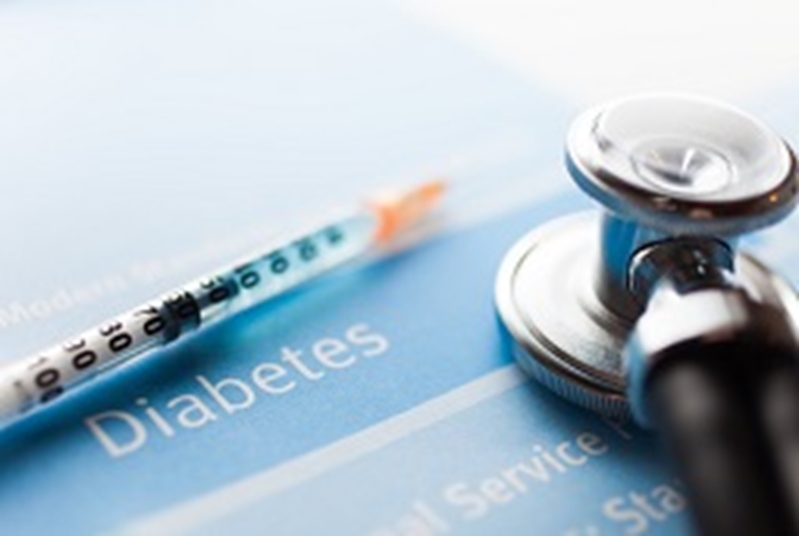When you open wide on the dentists chair, you might be bracing for some bad news – finding out you need a filling or another minor procedure. However, the diagnosis may be something completely unexpected.
Your mouth says a lot about your overall health. When checking for dental problems, your dentist or dental hygienist is also checking for lumps, bumps and sores, or any areas of swelling and tenderness. The close-up assessment of your mouth can reveal more than just how well you've been brushing your teeth.
Here are five health issues your dentist might discover during your check up.
Roughly 250 people are diagnosed with oral cancer in New Zealand every year.
1. Oral cancer
Roughly 250 people are diagnosed with oral cancer in New Zealand every year, accordin to the Cancer Society. Oral cancer can affect the tongue, gums, inner cheeks and lips. Your dentist may be able to spot white or red patches that are telltale signs of the disease. Sometimes these discolourations are located in the back of your throat, so they are difficult to see yourself, but noticeable to a dentist.
If you have sores, irritations or thick patches of skin in your mouth that you're concerned about, you can ask your dentist to take a look during your check up. Fortunately, most cases of oral cancer are treated successfully if caught early, the Cancer Society says.
2. Diabetes
Some of the early signs of diabetes manifest themselves in your mouth. A dry mouth, receding gums or loose teeth can all point to diabetes. Gingivitis is the most common dental health issue for diabetics, reports the American Dental Association, so bleeding gums associated with gum disease could indicate diabetes.
People with diabetes also tend to have a slower healing time, so persistent infections or wounds could also tip off your dentist. If you display several of these early warning signs your dentist may encourage you to visit your doctor for a blood glucose check.

3. Eating disorders
People with anorexia or bulimia are usually good at hiding their condition, but a dentist might notice the signs of malnutrition in the mouth. Bleeding gums and a dry mouth are both symptoms of poor nutrition. On top of that, forced vomiting can cause stomach acid to wear away enamel from the front teeth. As well as the visible signs, this erosion can lead to increased sensitivity.

4. Stress
Your teeth and jaw often unintentionally bear the brunt of your stress levels. Bruxism, a condition you probably know as simply grinding your teeth, is one of the most common physical manifestations of stress.You might clench your jaw during the day when you're stressed, or if your stress levels are affecting you on a subconscious level, you may also be grinding your teeth in your sleep without realising it.
Even if you're waking up unaware of nighttime tooth grinding, your dentist will see the signs straight away as bruxism can cause serious damage to your pearly whites. Once you're aware of how serious your stress levels are, you can start to take steps to take care of your mental health.
As you can see, dental check ups are an important part of your wellbeing. Put your dental care in the hands of caring professionals and book an appointment with City Dentists today.